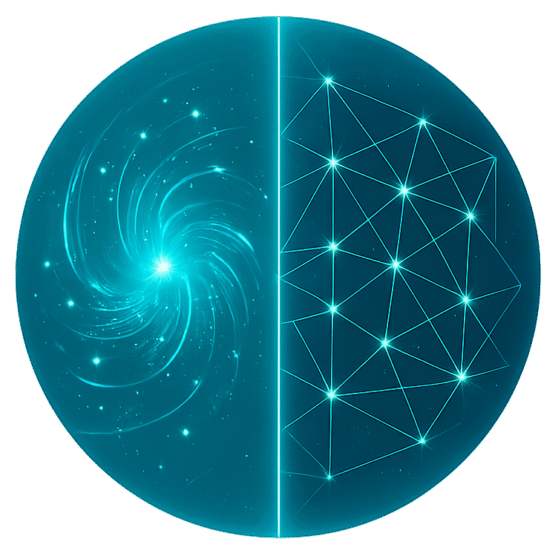The Power of Learning Coding: Essential Tips and Resources
Learning to code is an invaluable skill that can significantly enhance your problem-solving abilities, logical thinking, and career prospects. In today’s digital age, understanding how to code opens numerous doors across various industries, from tech startups to established corporations. It provides a structured way of thinking that can be applied to a wide array of scenarios, making you a more versatile and efficient problem solver.
For beginners, Python and JavaScript are excellent programming languages to start with. Python is renowned for its simplicity and readability, making it a favorite among new coders. Its versatile applications range from web development to data analysis and artificial intelligence. JavaScript, on the other hand, is essential for front-end web development and is widely used to create interactive web pages. Both languages have extensive resources and communities, ensuring that learners have ample support and guidance.
Several online platforms offer comprehensive coding courses suitable for various skill levels. Free resources such as Codecademy, FreeCodeCamp, and Coursera provide interactive and structured learning experiences. For those willing to invest, platforms like Udacity and Pluralsight offer in-depth courses and nanodegrees with more advanced content. Additionally, coding bootcamps like General Assembly and Le Wagon can fast-track your learning with intensive, immersive programs, often leading to job placements.
Integrating coding practice into your daily routine is crucial for consistent progress. Setting realistic goals, such as dedicating a specific amount of time each day to coding, can help maintain steady improvement. Tools like Trello or Asana can assist in tracking your progress and managing your learning schedule. Joining coding communities, such as Stack Overflow or GitHub, provides opportunities to collaborate on projects, seek advice, and stay motivated through peer support.
Anecdotes from successful self-taught programmers highlight the transformative power of coding. For instance, Linda Liukas, co-founder of Rails Girls, started learning to code as a hobby and now inspires women worldwide to pursue technology careers. Similarly, Chris Wanstrath, co-founder of GitHub, began coding in his spare time and eventually built one of the largest platforms for developers globally. These stories remind us that with dedication and the right resources, learning to code can lead to remarkable achievements.
Reading Interesting New Things: Expanding Your Horizons and Enhancing Your Knowledge
Reading a diverse range of topics is essential to broaden your perspective and enhance your understanding of the world. Delving into various genres and types of reading materials can significantly contribute to personal growth and intellectual development. Scientific articles, for instance, can provide insights into the latest advancements and discoveries, fostering a greater appreciation for the intricacies of the natural world. Historical books offer a glimpse into humanity’s past, helping you understand the events and decisions that have shaped our present society. Contemporary fiction, with its exploration of modern themes and human experiences, can evoke empathy and introspection, while thought-provoking essays challenge your viewpoints and encourage critical thinking.
Finding high-quality content is key to making the most of your reading time. Popular websites such as JSTOR, Project Gutenberg, and Google Scholar offer access to a wealth of academic and literary works. Online libraries, including the Digital Public Library of America and Open Library, provide free access to a vast collection of books and articles. Joining book clubs, whether in-person or online, can also be an excellent way to discover new authors and genres, as well as engage in stimulating discussions with fellow readers.
Setting aside dedicated reading time each day is crucial for developing a consistent habit. Whether it’s during your morning routine, lunch break, or before bedtime, carving out specific periods for reading can help you stay committed and make steady progress. Employing strategies for effective reading and comprehension, such as summarizing key points, annotating important passages, and discussing what you’ve read with others, can enhance retention and understanding.
The positive impact of reading on mental health and cognitive abilities cannot be overstated. Regular reading has been shown to reduce stress, improve concentration, and enhance emotional intelligence. Additionally, it can slow cognitive decline in older adults, keeping the mind sharp and engaged. Personal stories and testimonials from avid readers often highlight the transformative power of reading, illustrating how it can open new horizons and enrich one’s life in myriad ways.

